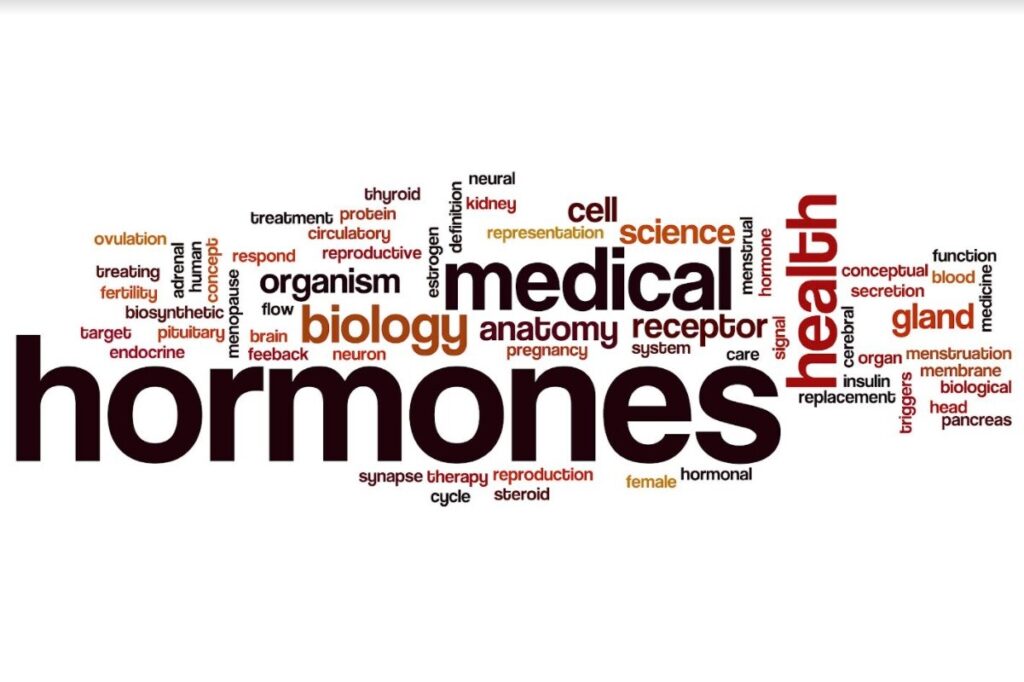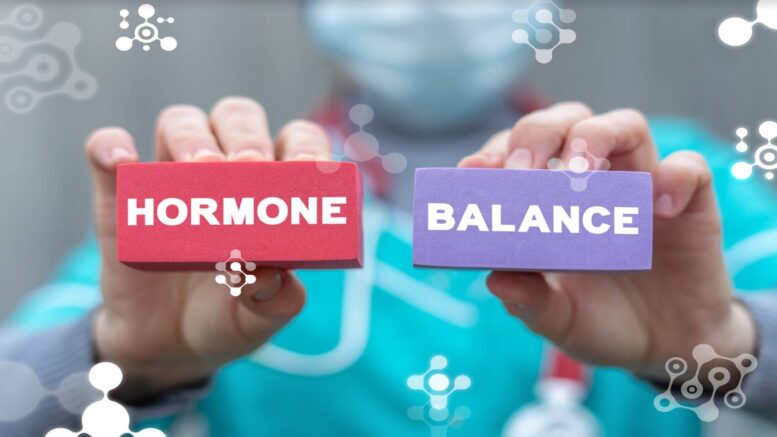Dehydroepiandrosterone (DHEA) is among the substances produced by our adrenal glands. DHEA is commonly known as a youth hormone since it plays a huge role in maintaining one’s youthful appearance. It regulates estrogen and testosterone and enhances memory and the immune system while helping with stress management. DHEA combination is a bit complex since it includes several enzymes. It begins to multiply at the age of nine or ten before reaching its peak levels at the age of 20 to 35. After that, DHEA levels start to decrease.
The brain controls DHEA in a negative response loop. The process begins with the hypothalamus, where the corticotropin-releasing hormone is produced before the production of the adrenocorticotropic hormone by the anterior pituitary gland. These hormones help the adrenal glands to produce DHEA. It’s vital to note that DHEA is produced mainly in the adrenal glands, though the ovaries and testes produce it in small amounts. DHEA is mainly manufactured from cholesterol and converted into pregnenolone. After its formation, pregnenolone is turned into progesterone and then into cortisol or DHEA, and later into other hormones such as estradiol and testosterone.
What Causes DHEA Deficiency?
To determine the DHEA levels, one must undergo some tests. The result indicates whether you have low, high, or required DHEA levels. It’s vital to note that the levels vary depending on age and gender. If the results show that your DHEA level is average, your adrenal glands are healthy and working as they should. If your DHEA level is high, your body is overworking, resulting in excess DHEA. Excessing this hormone might also indicate the presence of tumors, extensive adrenal hormone-producing tissue, or adrenal cancer.
On the other hand, a lower DHEA level might result from your adrenal glands making fewer hormones. This might result from a damaged adrenal gland or ailing pituitary gland, which produces hormones that enhance the adrenal gland’s function.
If the pituitary gland fails to produce enough stimulating hormone, it might interfere with the adrenal gland’s ability to produce enough hormone. Remember that starting and stopping the intake of some medicine might stop your adrenal glands from working for a moment. If you want to learn more about this, you can check out this article about pituitary gland damage symptoms.
How Is The Test Done?
Like other laboratory tests, a sample is taken to determine your DHEA level. In this case, trained personnel will use a needle to draw some blood out of your body. The blood is then examined to determine the DHEA level.
What Happens When The DHEA Level Is Too Low?
As earlier stated, DHEA is also referred to as youth hormone. When you have enough in your body, you’re more likely to look young and youthful. However, if you have DHEA deficiency, you might show physical signs related to aging. DHEA deficiency can also increase the chances of experiencing cardiovascular disorders.
On the other hand, lower DHEA levels can interfere with mood and cause emotional mayhem. It can also lead to frequent fractures.

What Are The Symptoms Of DHEA Deficiency?
As with other deficiencies, low DHEA levels are accompanied by some symptoms. Among the most common symptoms of DHEA deficiency include:
- Weight Gain: DHEA deficiency leads to hormonal imbalance. It can interfere with sex hormones, affecting energy metabolism and fluid retention. As a result, an individual begins to gain weight.
- Low Libido: DHEA facilitates sex. When an individual has low DHEA levels, they’re more likely to have a low sex drive. According to scientists, men with erectile dysfunction are likely to have DHEA deficiency. In women, low DHEA levels might be the reason for low sex drive after menopause when this hormone isn’t produced in plenty.
- Fractures: Like testosterone and estrogen, DHEA enhances bone health. That said, low DHEA levels can result in age fractures since individuals with DHEA deficiency have been proven to have lower bone mass density.
- Depression: A certain amount of DHEA is produced by the brain. As a result, it regulates energy levels, either positively or negatively. When someone has DHEA deficiency, they’re likely to have low energy levels, resulting in mood swings or mental health issues such as depression, especially if the condition goes untreated for a prolonged period.
Conclusion
Based on this information, DHEA is an essential hormone in humans. It facilitates youthfulness, bone and mental health, among other things. DHEA should not be too much or below the required amount in one’s body, since it can indicate underlying health issues. If you aren’t sure if you have excess, normal, or low DHEA levels, it’s vital to get tested and treated if necessary. Remember, DHEA is a youthful hormone and should be well taken care of to maintain a youthful look.
